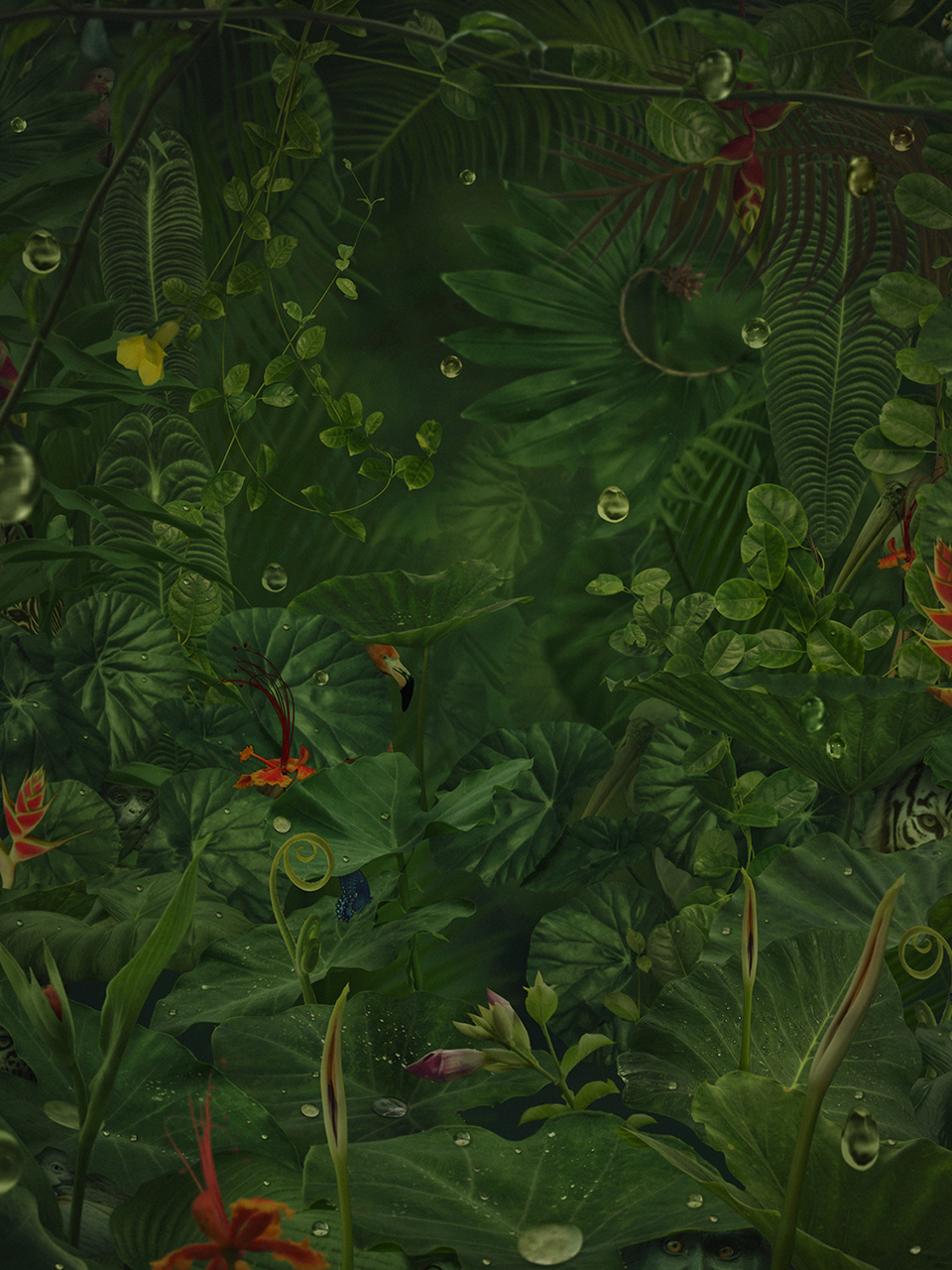
Tap to Read ➤
How to Become a Wildlife Biologist
Do you dream of becoming a wildlife biologist and are looking for some guidance on how to go about it? Start by reading this story and understand what you need to do...
Shalu Bhatti


Has wildlife adventure always been your favorite activity? Are Discovery and National Geographic channels your most watched television channels? Do you love animals and wildlife and want to spend your entire life learning and understanding them?

If the answer to all these questions is a 'Yes', then becoming a wildlife biologist is something that can definitely be considered by you as a career choice! Personally, I feel that if you make your hobbies and interests as your career, the journey of life becomes all the more fulfilling and satisfying.

And if you are looking for a career in wildlife, the conservation of which is becoming a concern these days, then you are thinking of getting into a very noble job. So, what are the requirements to become a wildlife biologist? How should you prepare yourself for the same? Keep on reading further to get all your answers.

How to Become a Certified Wildlife Biologist?

A wildlife biologist is responsible for the study and research of wildlife creatures and their habitat. A wildlife biologist needs to specialize in some specific area.
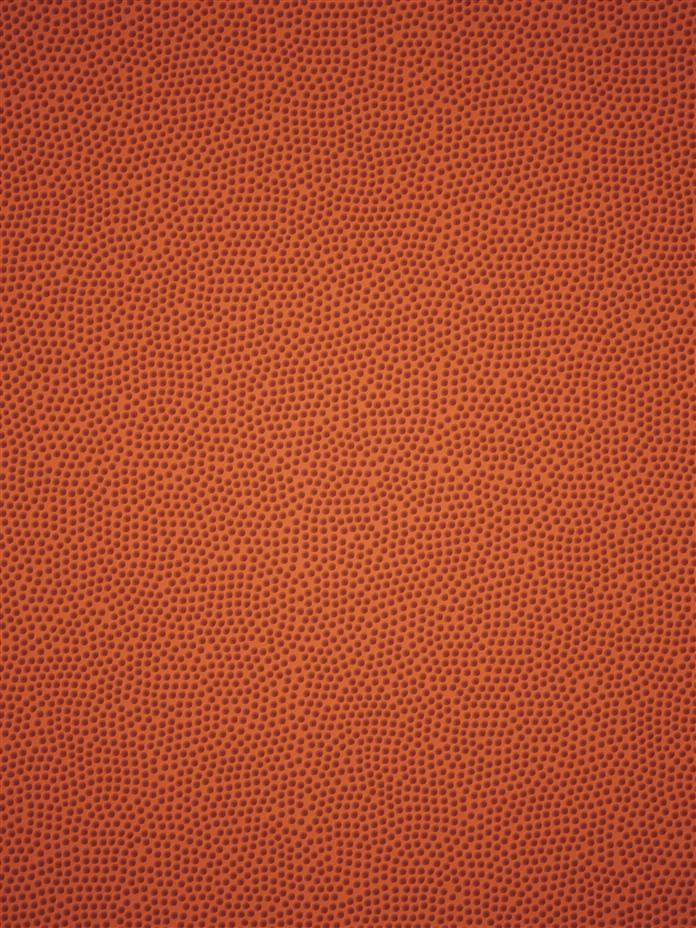
It could be any specific area in biology like zoology, microbiology, animal ecology, ornithology, mammalogy, and so on. The initial preparation for becoming a wildlife biologist is the same, but then you will have to select a specialization later on.

So, start thinking of that from now on if you haven't. Mentioned below are the step by step prerequisites for the same.

✔ Get a Bachelor's Degree
The first and foremost education needed to become a wildlife biologist is to obtain a bachelor's degree in wildlife management or other related subjects like zoology, biology, conservation ecology, and earth sciences. In fact, you will not get even an entry-level job in this field without a bachelor's degree.
The first and foremost education needed to become a wildlife biologist is to obtain a bachelor's degree in wildlife management or other related subjects like zoology, biology, conservation ecology, and earth sciences. In fact, you will not get even an entry-level job in this field without a bachelor's degree.

✔ Get a Master's Degree
Nobody wants to remain at an entry-level job all their life, right? So, if you are looking for a higher position, then you need to obtain a master's degree or a PhD in wildlife management and studies.
Nobody wants to remain at an entry-level job all their life, right? So, if you are looking for a higher position, then you need to obtain a master's degree or a PhD in wildlife management and studies.

With this career choice becoming more and more popular and competitive, there are many organizations that look for people with a minimum requirement of a master's degree.

✔ Field Experience is a Must
It is best to be able to obtain field experience through internships while pursuing your education. Therefore, it is best to look for schools which offer internship opportunities and strong research programs.
It is best to be able to obtain field experience through internships while pursuing your education. Therefore, it is best to look for schools which offer internship opportunities and strong research programs.
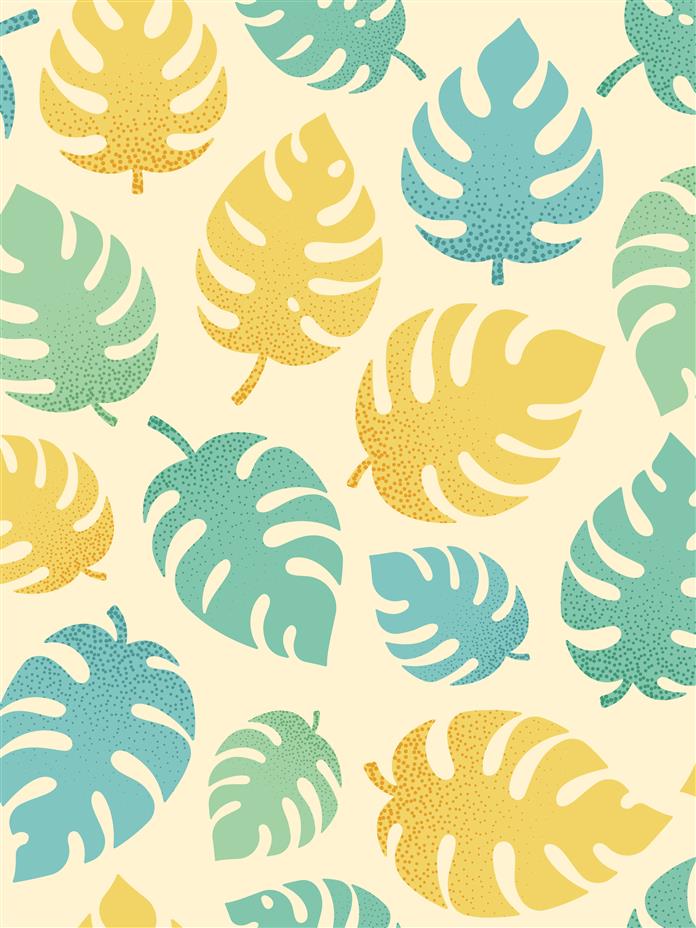
If that is not the case with your school, then check with your mentors and wildlife biologist so that they can guide you regarding the same. You can also voluntarily join your local wildlife society or habitats and gain some field experience which would definitely help you once you are out of college.
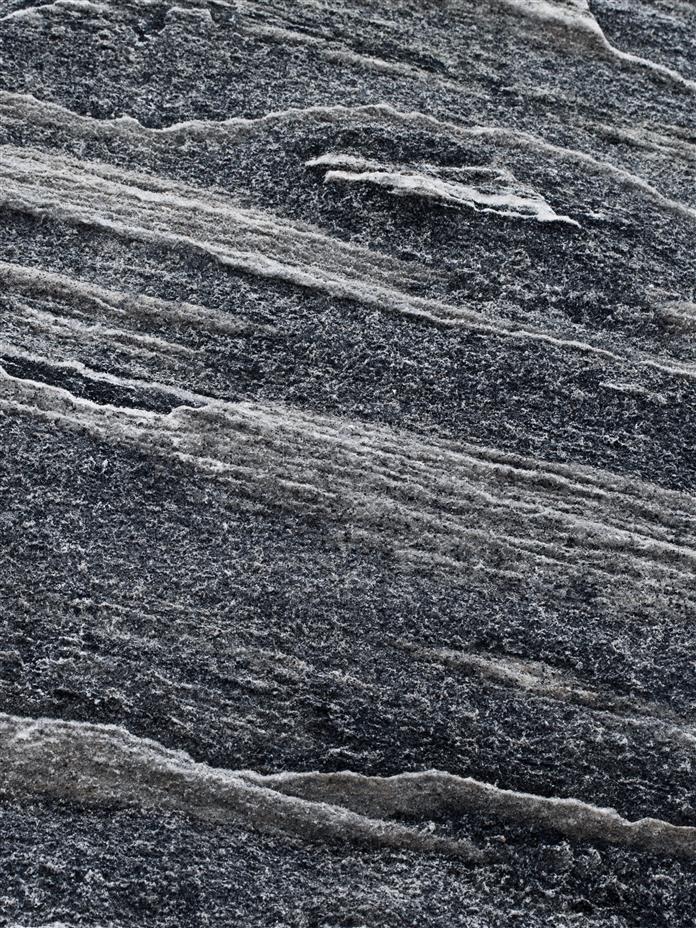
✔ United States Geological Survey
For non-research positions at a basic level, the USGS-486 requires the candidate to have a degree in biological sciences with a minimum 9 semester hours in subjects related to wildlife management.
For non-research positions at a basic level, the USGS-486 requires the candidate to have a degree in biological sciences with a minimum 9 semester hours in subjects related to wildlife management.

Along with that the candidate should also have 12 semester hours in zoology related subjects and 9 semester hours in plant sciences related subjects like botany.

For becoming a wildlife biologist in a research position, you would require a degree along with a major in wildlife biology which includes a minimum of 30 semester hours of course work in biological science, which includes a minimum training of 9 semester hours in subjects like mammalogy, animal ecology, ornithology, and other related subjects.

It also includes about 12 semester hours of course work in zoological subjects and about 9 semester hours of plant sciences related course work. The candidate should also go through a minimum of 15 semester hours in mathematical and physical earth sciences. Experience also matters a lot!
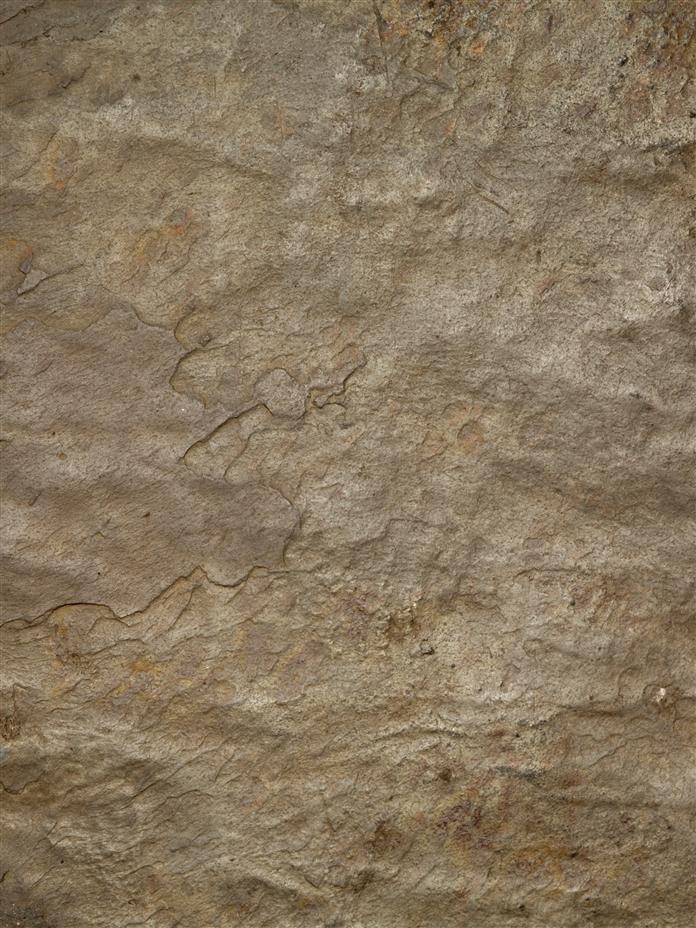
✔ Apply for AWB Certification
AWB stands for Associate Wildlife Biologist which can be obtained by becoming a member of the wildlife society.
AWB stands for Associate Wildlife Biologist which can be obtained by becoming a member of the wildlife society.

This certification is for those who have met the educational qualification required by a certified wildlife biologist (CWB), but have not gained the 5 years of professional work experience that is required to become a CWB. So, you can apply for this certification while you are pursuing your studies.

✔ Apply for CWB Certification
After obtaining employment as a wildlife biologist and working as a professional wildlife biologist for a minimum of 5 years, you can apply for a CWB certification through the Wildlife Society. The board reviews the education, experience, and work of the candidate and then issues the certification which is valid for 5 years.
After obtaining employment as a wildlife biologist and working as a professional wildlife biologist for a minimum of 5 years, you can apply for a CWB certification through the Wildlife Society. The board reviews the education, experience, and work of the candidate and then issues the certification which is valid for 5 years.

So, these were the basic requirements for becoming a wildlife biologist. Be prepared for a lot of hard work, adventure, and challenging conditions under which you will have to work. Also, in terms of monetary returns, you shouldn't expect much initially.

At an entry level, a wildlife biologist can earn anywhere between $35,000 to $60,000 annually. At a higher level, the salary can go beyond $100,000 annually. Wildlife biologists are hired by various wildlife conservation projects, zoos, and marine parks.

The hiring is done through the state and federal government. Now that you are aware about the prerequisites for the same, start preparing from now on if you are looking forward in making a serious career in this field. All the best.